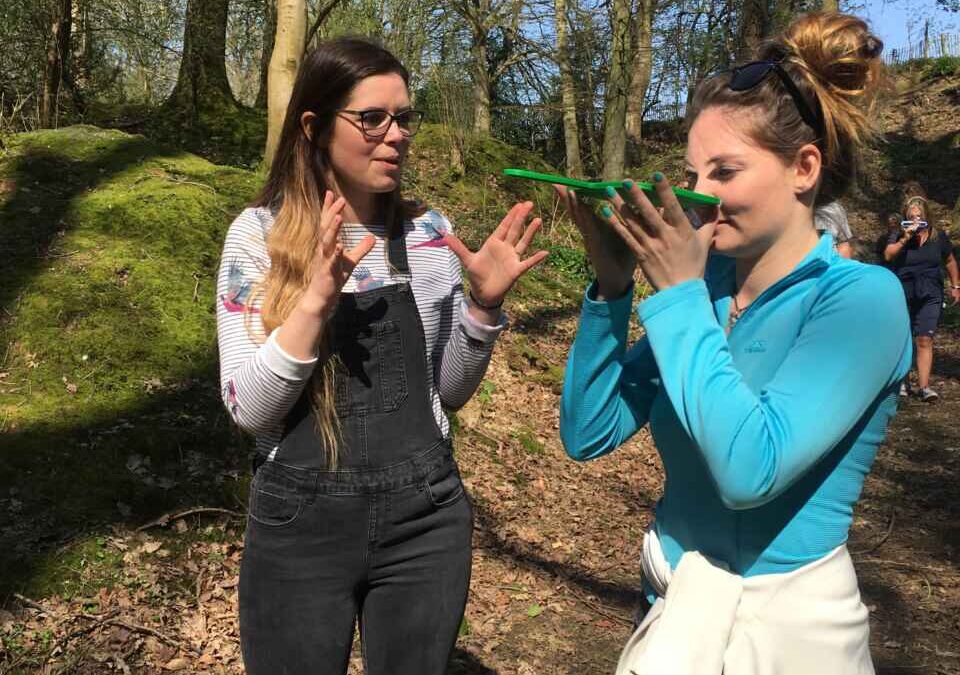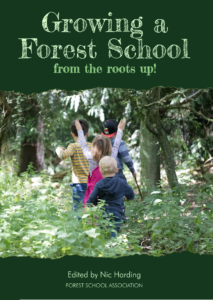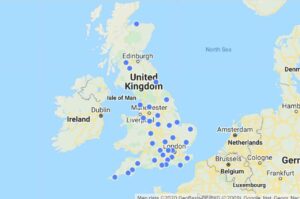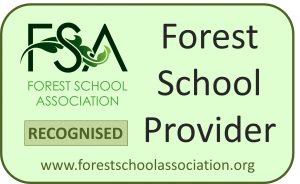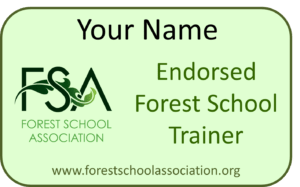Summary & Collated Notes
Topic: Choice Theory and Forest School
Contributors: Emma Davey and Moira Oliver
Webinar Style: ‘In the Thicket’
Total Number Registered: ?
Total Number attended: At 8pm – 89 Max 59 at 9pm 35 at 9.30pm
- Welcome from Chairperson (Jon),
- Update from the FSA (Jon Cree):
- Nature Premium Update – been linking with partners, politicians, celebrities for support Chris Packham is th elates to endorse and promote the campaign and we are part of the Countryside recreation network that is also lobbying for more access to nature. please continue to share – https://www.naturepremium.org/ and sign the petition – https://you.38degrees.org.uk/petitions/reconnect-children-with-nature
- The FSA has introduced a new signposting to reources scheme that now has criteria and our first resource we are signposting to is Red Squirrel Resource There is a 15% discount for FSA members. See the review and overview
- The FSA have partnered up with The Children’s Forest which is a new intiative where children will be planning and creating experiences around trees and their importance, including celebrating them in creative ways, then planting and then tending. See (link) for more details
- Forest School Day was a great success with 100’s of settings participating from 47 regions joining in and for the first time other countries celebrating see www.forestschoolday.org and the date for next year is October 8th
Please see Video for detailed content.
- Choice Theory – summary of content
Moira gave an overview of choice theory – originated by William Glasser and looking at a needs based and choice based approach to therapy that has also influenced schools across the world and their ways of working with children’s behaviours, learning and importantly motivations. She then gavce a detailed account of motivations using Glassers theories around ‘Quality World’ and how all our behaviours are working towards our quality worlds which is based on experiences we love and feel good about. Our quality world being the best of the best! She covered the fact that everyone’s quality world is different, very specific and does include beliefs and values. Once our quality world views are formed they can be difficult to shift and take things out!
Emma then showed some practical ways of helping learners communicate and form their quality world from painting pictures, through to collecting natural objects and artefacts to represent the elements of your quality world.
Moira then looked at Glassers 5 basic need and the fact that there is no hierarchy as proposed by Maslow;
LOVE and BELONGING to a community and we all need at least one other significant person to LOVE us and for us to LOVE
POWER or SELF WORTH. I am good enough to be able to contribute and be valued for what I bring. We all need power over our own life and to be heard
FREEDOM. We need to have choices over what we do and not feel constrained – this means having a chance to be creative, and independent
FUN. We need to feel joy and fun if we are to be in our ‘quality world’
All the pictures in our quality will have these 5 needs being met and much of the inappropriate behaviour may be being exhibited because of an unmet need.
Moira then asked us all to score each need when things are going well and then when things are not going so well – she asked us to think back to recent experiences. If our needs are not in balance – in particular the needs we need most as our preferences are all different then we get stress!
Emma then finished by showing the links between choice theory and the Forest School principles.
The book that was most recommended was Take Charge of your Life – how to get what you need with choice theory psychology by William Glasser and the websites to look at are;
https://wgi-uk.co.uk/
The outdoor basic workshop info: https://fb.me/e/kpWjnuT99
Emma’s Slides and resources
Link to Choice theory needs Star
Link to Choice Theory webinar presentation
Link to Needs Assessment information
OPTIONAL HALF HOUR (9 – 9.30pm)
Sharing Circle
Misty from Kinship in Nature has been on the 28 day training with John Young and the 8 shields organisation see http://8shields.org/ and has been practising regular gratitude circles at their parent child FS sessions and it has really engaged the groups. It gives an insight their quality worlds!
Nicola shared her experiences with a large group and asked how do we manage to help identify learners quality worlds – suggested the casual conversations in between activity are the ebst way and just observing – using the supporting adults in this. She has tried sit spots and wandered how to engage the more lively learners. Making it a practise and eventually it will come and giving them a challenge in their sit spot were two suggestions.
We also looked at what to do in settings with few trees and justv grass and agreed being a scavenge for resources, putting requests out to parents and getting the children to scavenge were all worth looking at.
Everyone Came back together for the final closing – ? people
Jon made Thankyous to everyone for attending and to Moira and Emma and closed with an autumn poem from Mary Oliver
Song for Autumn by Mary Oliver
In the deep fall
don’t you imagine the leaves think how
comfortable it will be to touch
the earth instead of the
nothingness of air and the endless
freshets of wind? And don’t you think
the trees themselves, especially those with mossy,
warm caves, begin to think
of the birds that will come — six, a dozen — to sleep
inside their bodies? And don’t you hear
the goldenrod whispering goodbye,
the everlasting being crowned with the first
tuffets of snow? The pond
vanishes, and the white field over which
the fox runs so quickly brings out
its blue shadows. And the wind pumps its
bellows. And at evening especially,
the piled firewood shifts a little,
longing to be on its way
Meeting Closed: 9.35

